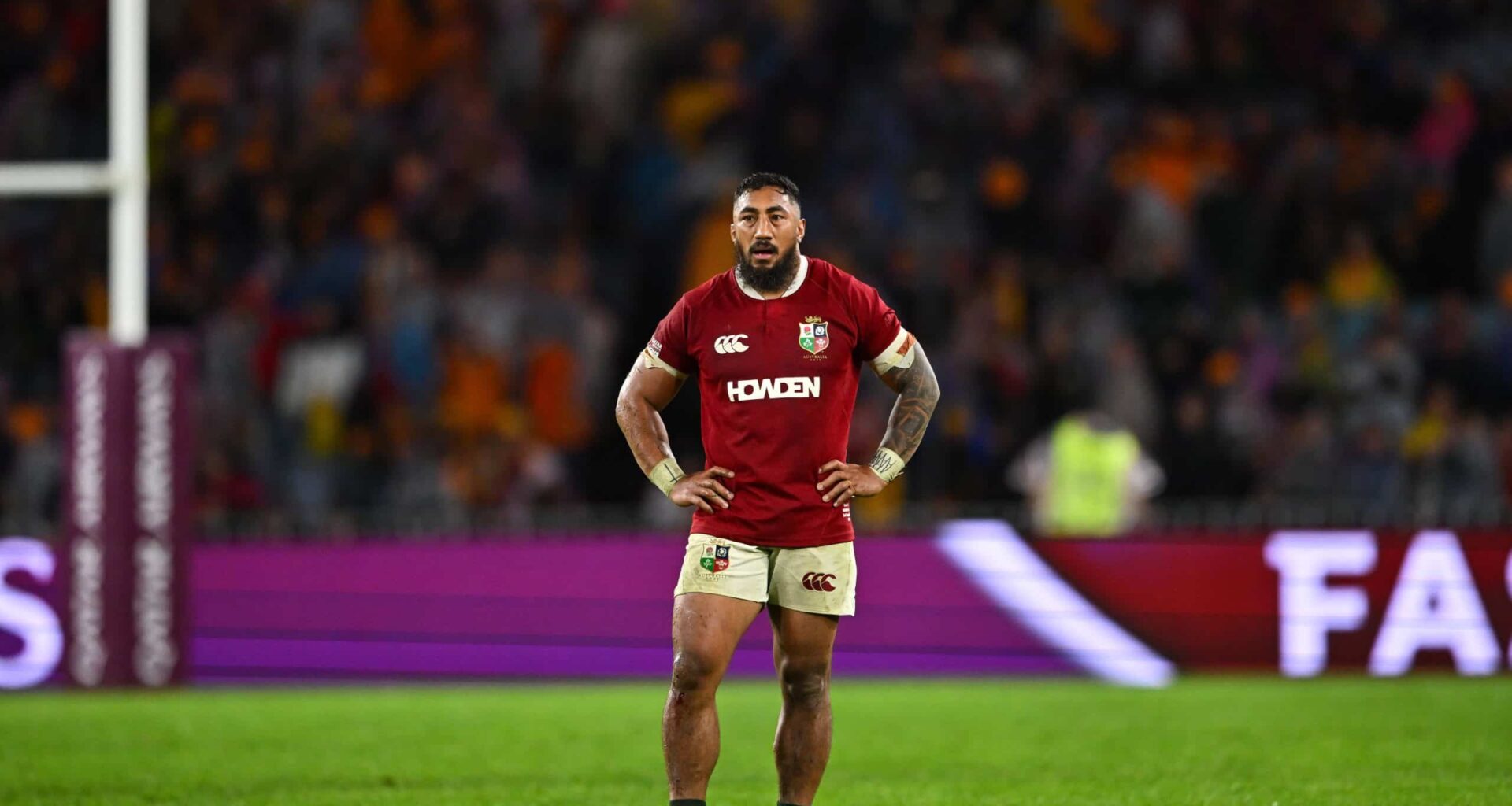lThe British & Irish Lions named their squad for the 2025 tour of Australia in June — and the presence of foreign-born players annoyed traditionalists.
Join the RUCK’s WhatsApp community here and get the latest news sent straight to your messages.
Lions icon Willie John McBride — a man who captained the side to glory in South Africa back in 1974 — hasn’t held back. The legendary lock, now 84, told South African outlet Rapport that he’s “bothered” by the number of players in the squad not born in Britain or Ireland.
“Eight of them weren’t born in Britain or Ireland. That’s not how it was in my day,” McBride said.
“Sixty years ago, you only played if you were a native. It’s changed, and I’m not sure it’s for the better.”
But here’s the twist: a World Rugby law change may mean McBride’s concerns could soon be outdated.
Residency Rule Extended — Too Late for This Squad
In 2024, World Rugby quietly extended the eligibility residency requirement from three years to five — a significant shift that would have blocked many of the current Lions from ever qualifying.
Had the rule been in place earlier, at least five players in Andy Farrell’s 2025 squad wouldn’t be wearing red this summer.
That includes Ireland’s Super Rugby quartet — Jamison Gibson-Park, Bundee Aki, James Lowe, and Mack Hansen— all of whom moved to Ireland as adults to play professionally. Only Hansen was already eligible upon arrival. Together, they make up half of the foreign-born Lions this year.
Scotland’s contingent also has a southern flavour. Pierre Schoeman, Duhan van der Merwe, and Sione Tuipulotu all qualified via residency or ancestry after arriving from South Africa or Australia. Tuipulotu was eligible via his Scottish grandparent but made the switch after a career in Australia and Japan.
Add in Joe McCarthy (born in the USA but raised in Dublin) and Marcus Smith (Philippines-born but a product of the English system), and the total of non-homegrown players hits eight — exactly the number McBride takes issue with.
Lions Breakdown: Who’s Representing Who?
Ireland: 15 players (4 foreign-born, all capped through residency or ancestry)
England: 13 players (1 foreign-born: Marcus Smith, but English-raised)
Scotland: 8 players (4 foreign-born, mainly South African imports)
Wales: Just 2 players — both born and bred in Cymru.
Eligibility Cheatsheet
PlayerTeamBornHomegrown?Eligibility RoutePrevious RepPierre SchoemanScotlandSouth AfricaNoResidency (2021)SA U18, U20Joe McCarthyIrelandUSAYesParent—Jamison Gibson-ParkIrelandNew ZealandNoResidency (2020)NZ MāoriMarcus SmithEnglandPhilippinesYesParent—Bundee AkiIrelandNew ZealandNoResidency (2017)—Huw JonesScotlandScotlandMixedScotland Born—Sione TuipulotuScotlandAustraliaNoGrandparentAus Schools, U20Mack HansenIrelandAustraliaNoParent (Eligible on arrival)Aus U20James LoweIrelandNew ZealandNoResidency (2020)NZ MāoriDuhan van der MerweScotlandSouth AfricaNoResidency (2020)SA Schools, U20
The Bigger Picture
While the Lions are proudly marketed as a showcase of home nations unity, the reality is increasingly global. And for critics like McBride, that change is jarring.
But with stricter eligibility rules now in place, the days of players arriving on a professional deal and qualifying three seasons later may be numbered.
2027 Rugby World Cup Draw: England get tough pool
itiveness, and global reach.
Thanks to sweeping reforms approved in 2022, the tournament will feature six pools of four teams, followed by a Round of 16, streamlining the knockout stages while maintaining player rest.
Crucially, the pool draw has been delayed until December 2025 and will be seeded on the most up-to-date world rankings (post-November Tests), ensuring group balance and fairness — a sharp departure from the poorly balanced draw of 2023.
The complete qualification field will also be set by the close of 2025, following a revamped, merit-driven, and regionally inclusive pathway.
Here’s a breakdown of the predicted groups and team bios for RWC 2027:
🏆 Group A
New Zealand 🇳🇿
The legendary All Blacks need no introduction—three-time world champions with a relentless pursuit of perfection and a legacy of innovation.
Argentina 🇦🇷
Los Pumas continue to rise as a Tier 1 nation, combining flair and fearlessness. Semifinalists in 2007 and 2015, they’re known for big-game upsets.
Samoa 🇼🇸
With deep roots in rugby tradition, Samoa’s raw physicality and natural flair make them one of the most dangerous Tier 2 teams in the game.
Tonga 🇹🇴
The ‘Ikale Tahi’ bring bone-crunching tackles and island pride. With several stars playing abroad, Tonga is always capable of springing a surprise.
🌍 Group B
South Africa 🇿🇦
The reigning world champions and four-time RWC winners, the Springboks bring a powerhouse blend of physicality, tactical brilliance, and iconic leadership.
Scotland 🏴
A Six Nations stalwart, Scotland blends tactical kicking and dynamic playmakers, looking to go beyond the quarterfinals for the first time since 1991.
Japan 🇯🇵
The Brave Blossoms became global darlings in 2019 with a stunning quarterfinal run. Expect lightning-quick rucks and passionate homegrown talent.
Chile 🇨🇱
One of the emerging forces from South America, Chile made its first RWC appearance in 2023. Physical, proud, and improving fast.
Like this:
Like Loading…

